Feature
-
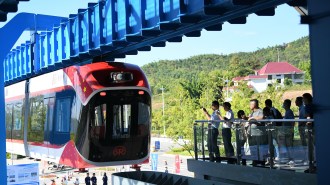 Chemistry
ChemistryHow rare earth elements’ hidden properties make modern technology possible
Because of their unique chemistry, the rare earth elements can fine-tune light for many different purposes and generate powerful magnetic fields.
By Nikk Ogasa -
 Earth
EarthRare earth mining may be key to our renewable energy future. But at what cost?
We take you inside Mountain Pass, the only rare earth mine in the United States.
-
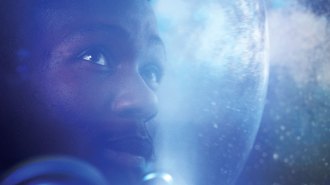 Space
SpaceArtemis missions will usher in a new, more diverse crew of astronauts
Space agencies are preparing to send the next generation of astronauts to the moon and beyond. Here’s how the next crews will be different from the last ones.
-
 Health & Medicine
Health & Medicine‘Forever chemicals’ may pose a bigger risk to our health than scientists thought
PFAS are linked to obesity, cancers and more. Growing evidence of the chemicals’ risks has prompted new guidance for safe drinking water and consumer testing.
-
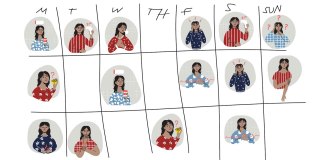 Health & Medicine
Health & MedicineAt a long COVID clinic, here’s how doctors are trying to help one woman who is struggling
As more people experience long-term health problems from COVID-19, long COVID clinics try to help patients manage symptoms, like brain fog and fatigue.
By Meghan Rosen -
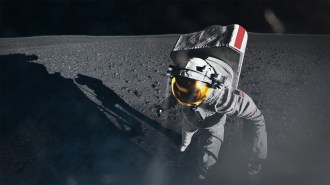 Space
SpaceArtemis I finally launched. Here’s what it means for human spaceflight
The launch of NASA's Artemis I is a giant step toward sending humans back to the moon and heading beyond.
By Liz Kruesi -
 Health & Medicine
Health & MedicineWhere are the long COVID clinics?
For people with long COVID, finding a place to get appropriate medical care is a challenge.
-
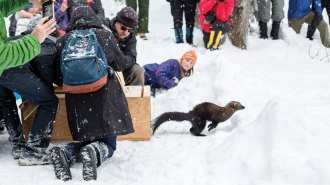 Animals
AnimalsTree-climbing carnivores called fishers are back in Washington’s forests
Thanks to a 14-year reintroduction effort, fishers, or “tree wolverines,” are once again climbing and hunting in Washington’s forests after fur trapping and habitat loss wiped them out.
-
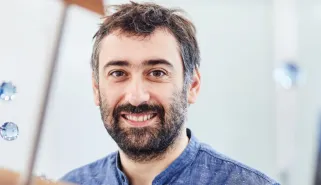 Chemistry
ChemistryJosep Cornella breaks boundaries to make new and better catalysts
Josep Cornella reinvents chemical reactions essential for agriculture and the pharmaceutical industry.
By Anna Gibbs -
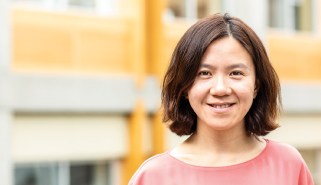 Computing
ComputingHuijia Lin proved that a master tool of cryptography is possible
Cryptographer Huijia Lin showed that the long-sought “indistinguishability obfuscation” is secure from data attacks.
-
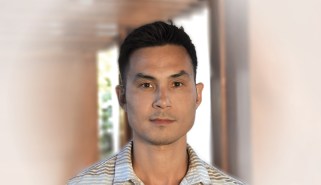 Life
LifeMarcos Simões-Costa asks how cells in the embryo get their identities
Marcos Simões-Costa combines classic studies of developing embryos with the latest genomic techniques.
By Aina Abell -
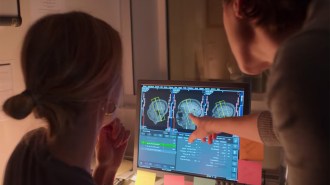 Neuroscience
NeuroscienceEmily Jacobs wants to know how sex hormones sculpt the brain
Emily Jacobs studies how the brain changes throughout women’s reproductive years, plus what it all means for health.